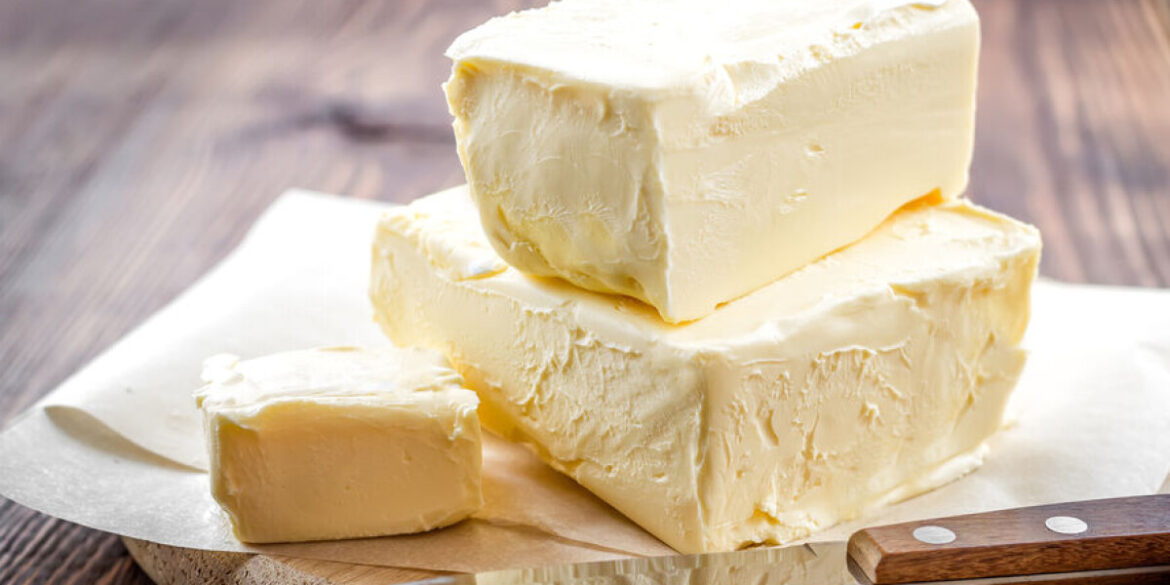Learning French
Say this to describe benefiting from something… often financially
In the past, butter has been considered a high-quality and a low-quality item and expressions were created with both perceptions
Aliaksandra Post / Shutterstock
Last month, France’s La Poste postal system launched a limited edition scented stamp celebrating the iconic butter croissant.
Butter is of course a key element in French baking and cuisine and its importance has even influenced phrases and expressions along the way.
We look at a popular butter-themed saying and explain how to use it in everyday casual French conversations.
What is the meaning of faire son beurre?
To faire son beurre (literally: make one’s butter) means to benefit from something, often financially.
Similar expressions in English include:
to take advantage ofto make the most ofto profit from
It does not necessarily mean that the money has been made in a negative or ‘dodgy’ way, however; it can be used to denote any kind of money-making or profit from a thing of person.

What are the origins of faire son beurre?
The phrase dates to the 14th Century when butter was viewed as a luxury product enjoyed mainly by the rich. For peasants, making butter would be considered a treat or perhaps moving up the ranks of society.
One of the earliest mentions of the expression is in 1821 in the Glossaire argotique des mots employés au bagne de Brest – a glossary of slang words and terms used in the Brest prison.
Soon after, French writer Honoré de Balzac used the phrase in his 1842 novel Un début dans la vie (A Start in Life).
By then, the expression had cemented itself in the French language.
Curiously, however, before it became popular among the upper classes, butter was considered a peasant’s food during the Middle Ages.
The expression compter pour du beurre, which literally means to ‘count for butter’, is used to refer to someone or something with little value or which has been given little consideration. In English, this might translate as “to count for nothing”.
When do you say faire son beurre?
This expression is often directly followed by sur (on).
Say this when profiting from something or someone:


Dining and Cooking